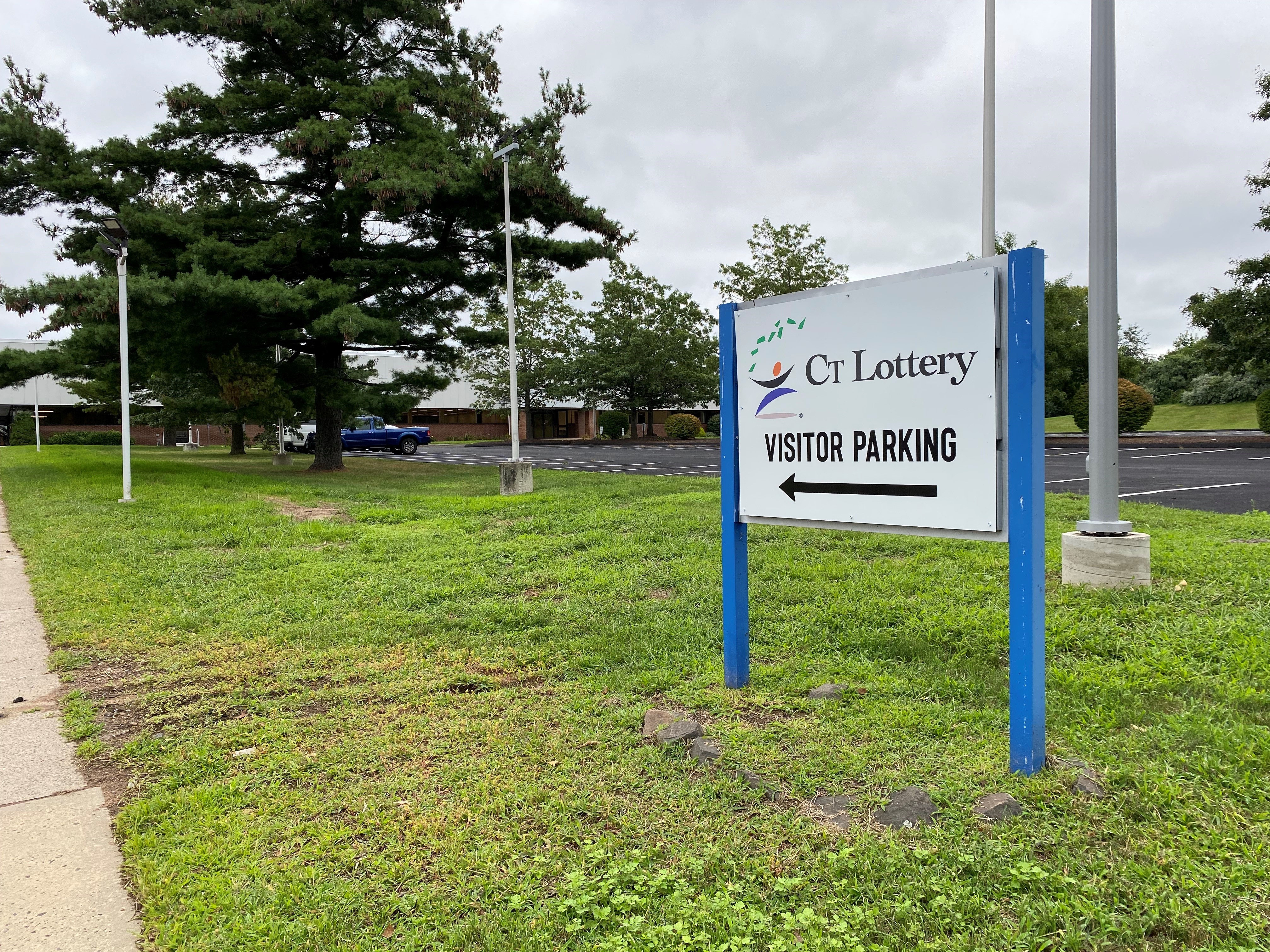Business owners say a childcare shortage is making it harder to hire and retain talented employees.
Now, Gov. Ned Lamont and lawmakers want to make the issue a top priority this legislative session.
“The business community says it's absolutely vital, gets more of our new mom and dads, either retain them or get them back to work,” Lamont said.
Lamont’s budget proposal would add $43 million for childcare and early education programs to a spending plan that already includes a large increase next fiscal year.
Get top local stories in Connecticut delivered to you every morning. >Sign up for NBC Connecticut's News Headlines newsletter.
That additional funding would raise the threshold for Care4Kids, a program that helps low-income families afford childcare, and provide incentives to businesses that offer childcare help to employees.
Lamont also wants to streamline the process to open a licensed care center, reassess the requirements to be a licensed worker and eliminate the fee to obtain a license.
Business owners like Meredith Shay, president and CEO of Colchester-based InCord, support efforts to make childcare more accessible and affordable.
Local
“I've noticed over the past 10 years that it’s really put a strain not just on our employees but on our entire community,” Shay said.
She said it’s become an even bigger problem in the last few years, with employees changing jobs or even leaving the workforce to focus on childcare.
Shay said in some parts of the state, like southeastern Connecticut, few centers currently exist. That makes it difficult for employees who want childcare options close to home, so both parents can have flexibility.
“I was on waitlists even with the nine months that I knew needed to find childcare,” she said of her own family.
Lawmakers have voiced support for Lamont’s proposal. Rep. Kate Farrar (D-West Hartford) said House Democrats are planning their own legislation, including the creation of a trust fund dedicated to childcare costs.
“Having this dedicated funding structure that can accept not only public investment, but also private philanthropic investment can set us up for having dedicated funds for this in the future,” she said.
Farrar said lawmakers could also provide help by offering housing assistance and childcare subsidies to low-paid childcare workers, helping keep those employees in the industry.
Additionally, the state could utilize bonding to help childcare centers looking to expand.
Lamont is likely to see some pushback on his proposal, which looks to reallocate $43 million currently marked for education.
“I think for us that see the benefits of education for all ages, we have to make sure that we’re doing that for childcare and K through 12,” Farrar said.
Lamont said he’s open to other suggestions for funding, but has also been adamantly opposed to relaxing fiscal guardrails meant to limit state spending.



